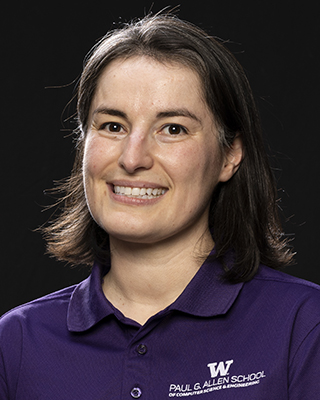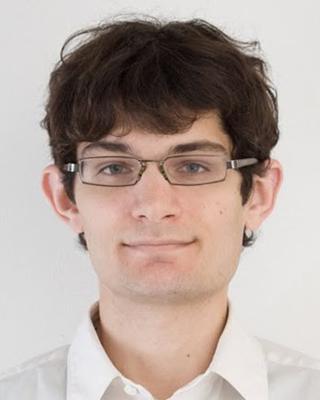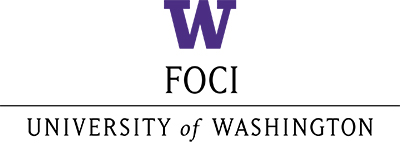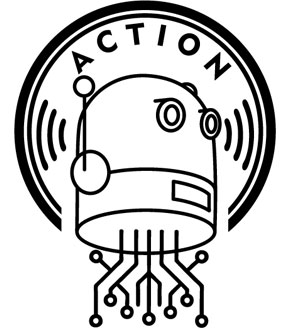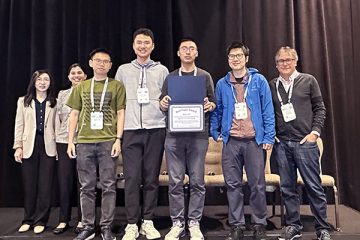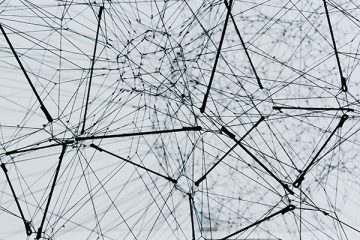Our researchers are driving innovation across the entire hardware, software and network stack to make computer systems more reliable, efficient and secure.
From internet-scale networks, to next-generation chip designs, to deep learning frameworks and more, we build and refine the devices and applications that individuals, industries and, indeed, entire economies depend upon every day.
Research Groups & Labs

Security and Privacy Research Lab
The Security and Privacy Research Lab works on a variety of topics, ranging from studying and addressing security and privacy risks in existing technologies, to anticipating future risks in emerging technologies.
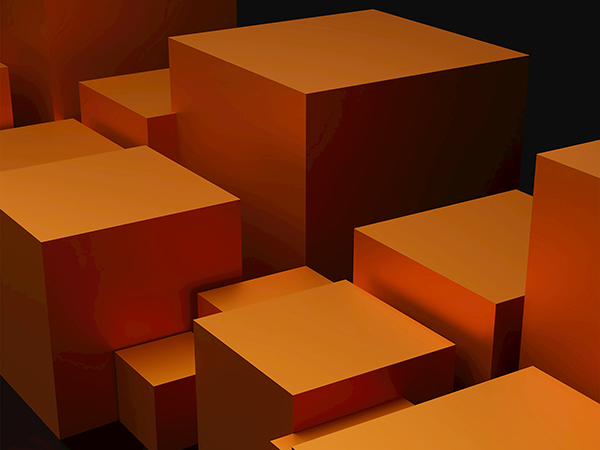
Sampa
Sampa is an interdisciplinary computer architecture group whose research crosses multiple layers of the system stack, from hardware to programming languages and applications, motivated by new device technologies and applications.
Faculty Members
Centers & Initiatives
The UW Center for the Future of Cloud Infrastructure (FOCI) aims to foster a tight partnership between practitioners and researchers in both industry and academia to define the next generation of cloud infrastructure to achieve new levels of security, reliability, performance along with cost-efficiency and environmental sustainability.
The NSF AI Institute for Agent-based Cyber Threat Intelligence and Operation (ACTION) seeks to change the way mission-critical systems are protected against sophisticated, ever-changing security threats. In cooperation with (and learning from) security operations experts, intelligent agents will use complex knowledge representation, logic reasoning, and learning to identify flaws, detect attacks, perform attribution, and respond to breaches in a timely and scalable fashion.
Highlights
Allen School News
Allen School News
Allen School News


